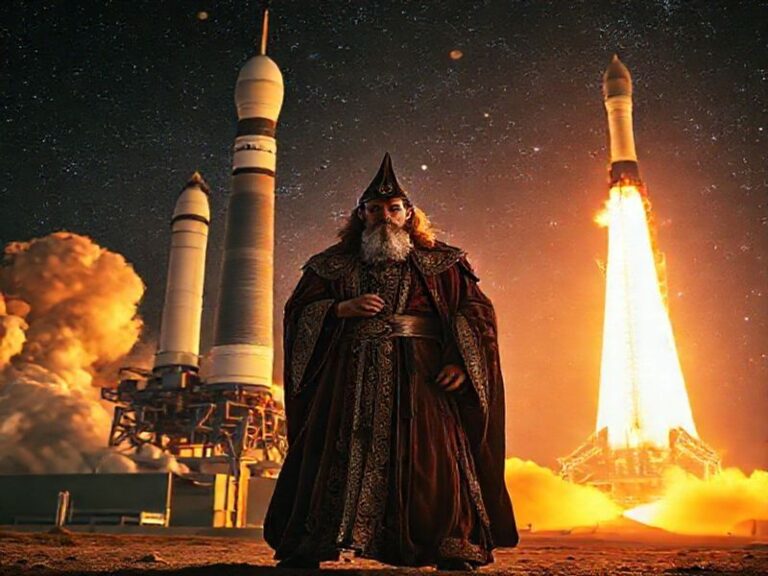Elliot Page: The World’s Most Politicized Passport Photo
PARIS — Somewhere between the red-carpet flashbulbs in Cannes and the pixelated outrage of a Telegram channel in Minsk, Elliot Page has become a global Rorschach test. One half of the planet sees the Oscar-nominated Canadian actor as a living rebuttal to every grim statistic on trans suicide; the other half sees a convenient scapegoat for everything from declining birth rates to the price of diesel. Both camps, naturally, own the same model of phone assembled by underpaid workers whose own gender identities are rarely anyone’s top geopolitical priority.
Page’s 2020 coming-out letter was, on paper, a polite Canadian dispatch: earnest, apologetic, almost suspiciously free of exclamation marks. Yet the tremor it sent through international culture registers somewhere between the fall of the Berlin Wall and the launch of a new iOS update. In Mexico City, buskers rewrote the lyrics to “Juno” ballads; in Lagos, Nollywood producers scrambled to green-light “first trans superhero” scripts that will never clear the censors; and in Warsaw, the ruling party briefly debated a constitutional amendment banning “Hollywood gender ideology,” before remembering they still need Netflix to keep filming cheap genre fare in their crumbling castles.
The economic subplot is deliciously ironic. Page’s transition coincided with Hollywood’s great panic over Chinese box-office gatekeepers, who famously prefer their superheroes cis, their plots explosion-heavy, and their social commentary safely nonexistent. The solution? A two-track release strategy: one cut for the progressive West, another for markets where trans people officially don’t exist. Call it Schrödinger’s Actor: simultaneously celebrated and erased, depending on which customs kiosk you pass through. Investors call it “risk mitigation”; everyone else calls it what it is: profitable cowardice.
Meanwhile, the data-mining wizards in Silicon Valley discovered something heart-warming and horrifying: in the 48 hours after Page’s Time magazine cover dropped, global searches for “chest binder” spiked 400 percent. Venture capital, ever the romantic, smelled a market. Within months, telehealth start-ups from Reykjavík to Singapore began offering “concierge top-surgery tourism,” bundling airline tickets, boutique recovery villas, and a discreet photoshoot for the inevitable memoir. Nothing says “authentic lived experience” quite like a venture-funded Instagram filter.
International reaction followed predictable fault lines. The Nordic countries, bored with topping every happiness index, politely updated their passports with an “X” marker and moved on to arguing about licorice. Russia’s state media declared Page a NATO psy-op; three weeks later, a Moscow tabloid ran shirtless photos of a Kremlin-approved rapper wearing what looked suspiciously like a binder, claiming it was “thermal sportswear.” In India, the story collided with the farmers’ protests, producing the surreal spectacle of TikTok teens debating gender theory while dodging tear gas outside the Red Fort. Somewhere in the metaverse, a brand manager wept tears of joy at the engagement metrics.
What makes Page’s case globally significant is not the individual triumph—though surviving the entertainment-industrial complex with dignity intact deserves its own UN peacekeeping medal—but the way it exposes the brittle algorithms by which nations manage identity. Countries that can’t agree on carbon quotas or vaccine patents suddenly find consensus in policing someone’s pronouns. It’s comforting, in a perverse way: if we can’t fix the climate, at least we can yell about a Canadian on Twitter.
And yet, beneath the noise, a quieter migration is underway. Every month, embassies from Seoul to São Paulo report a small but steady uptick in asylum claims from trans citizens citing “visibility without safety.” The paperwork rarely mentions Elliot Page, yet his name hovers in the margins like an unspoken citation. Fame, at this scale, becomes a strange sort of passport—one that opens some borders and slams others shut.
In the end, perhaps the most honest appraisal comes from a customs officer at Heathrow, overheard during a routine grilling of a non-binary traveler: “Look, love, I don’t make the rules. I just enforce them until Netflix changes the algorithm.” Dark, yes, but in 2024 that passes for optimism.







